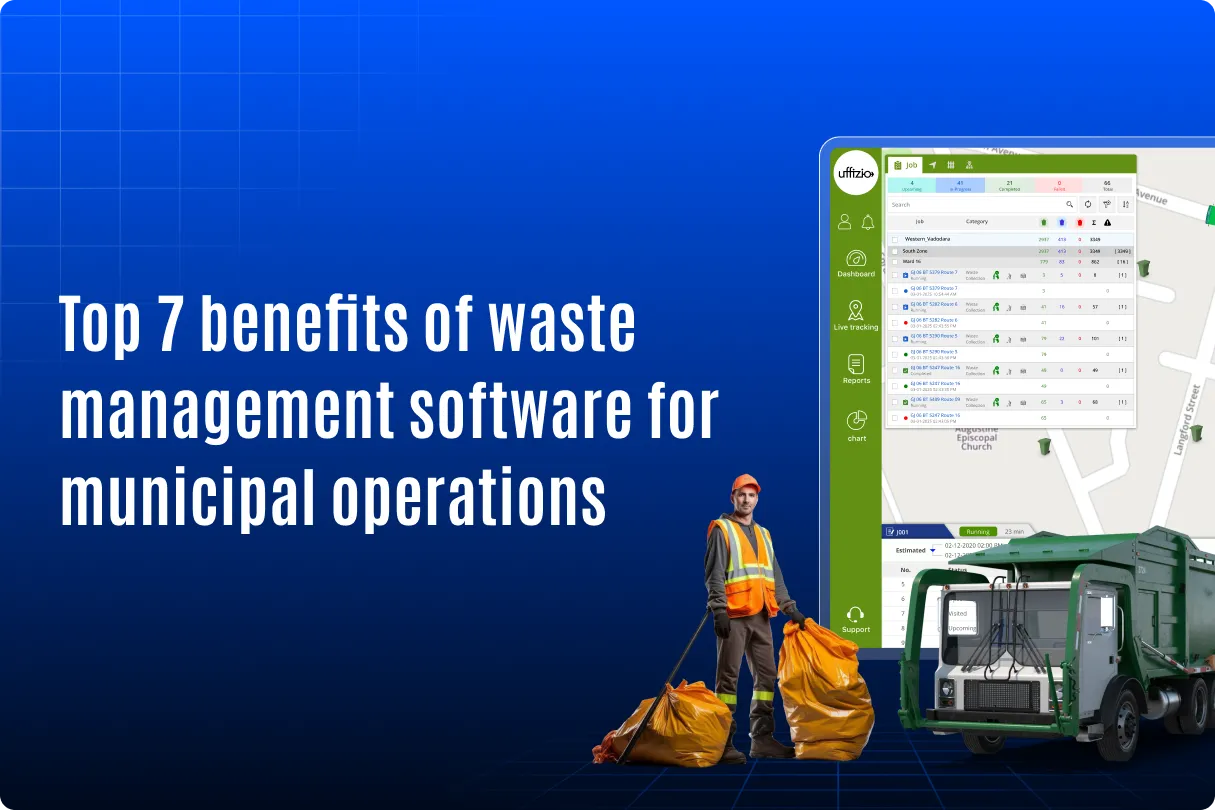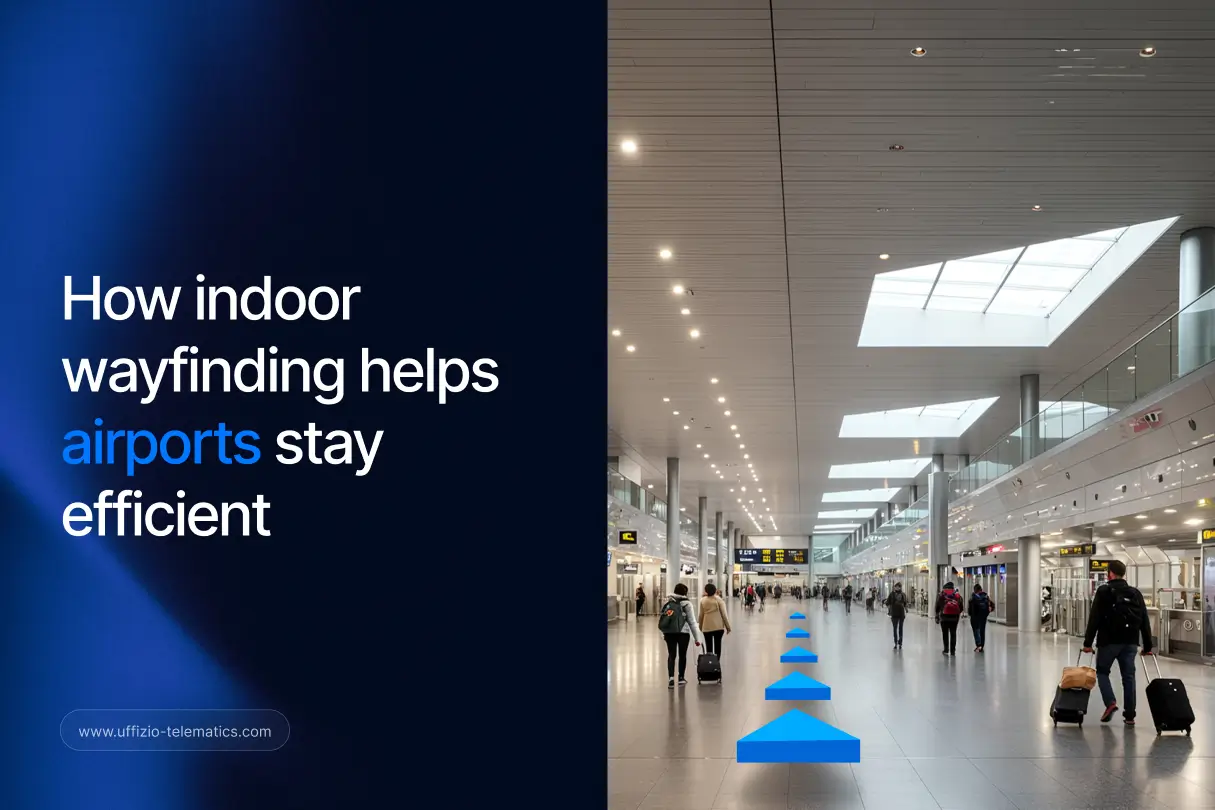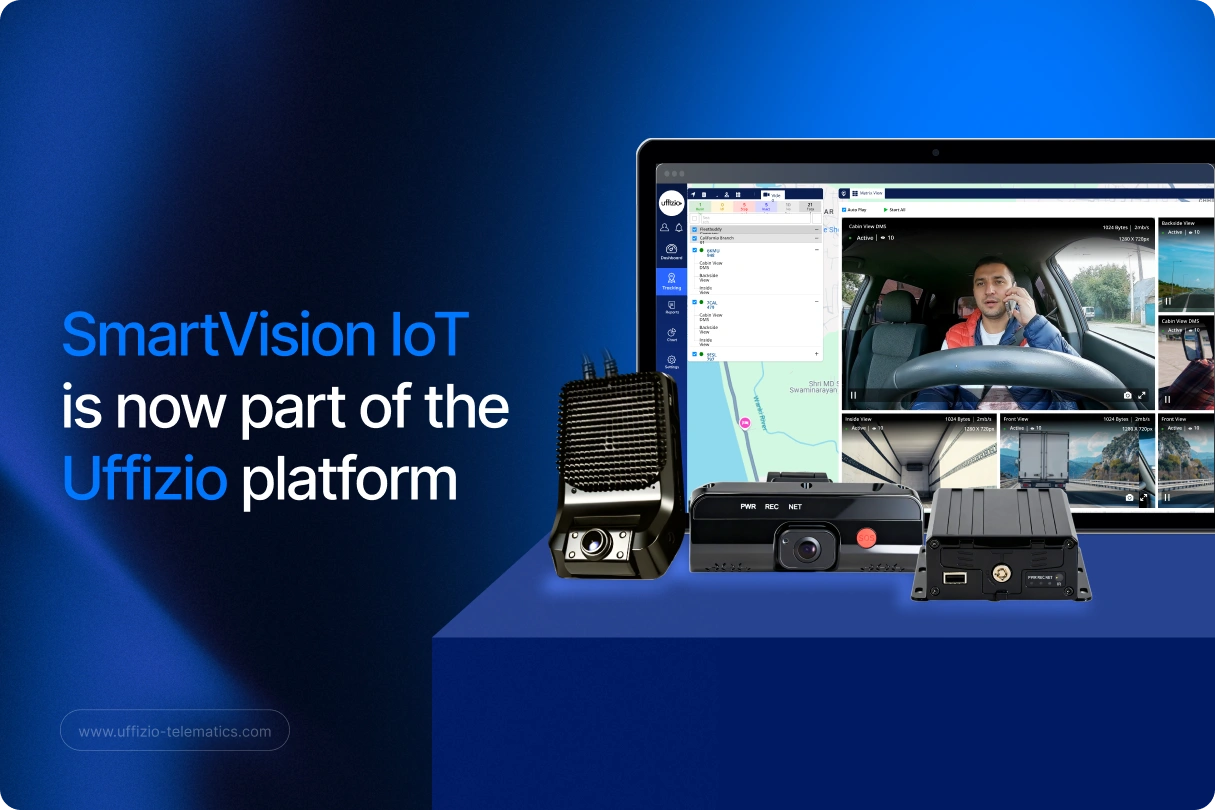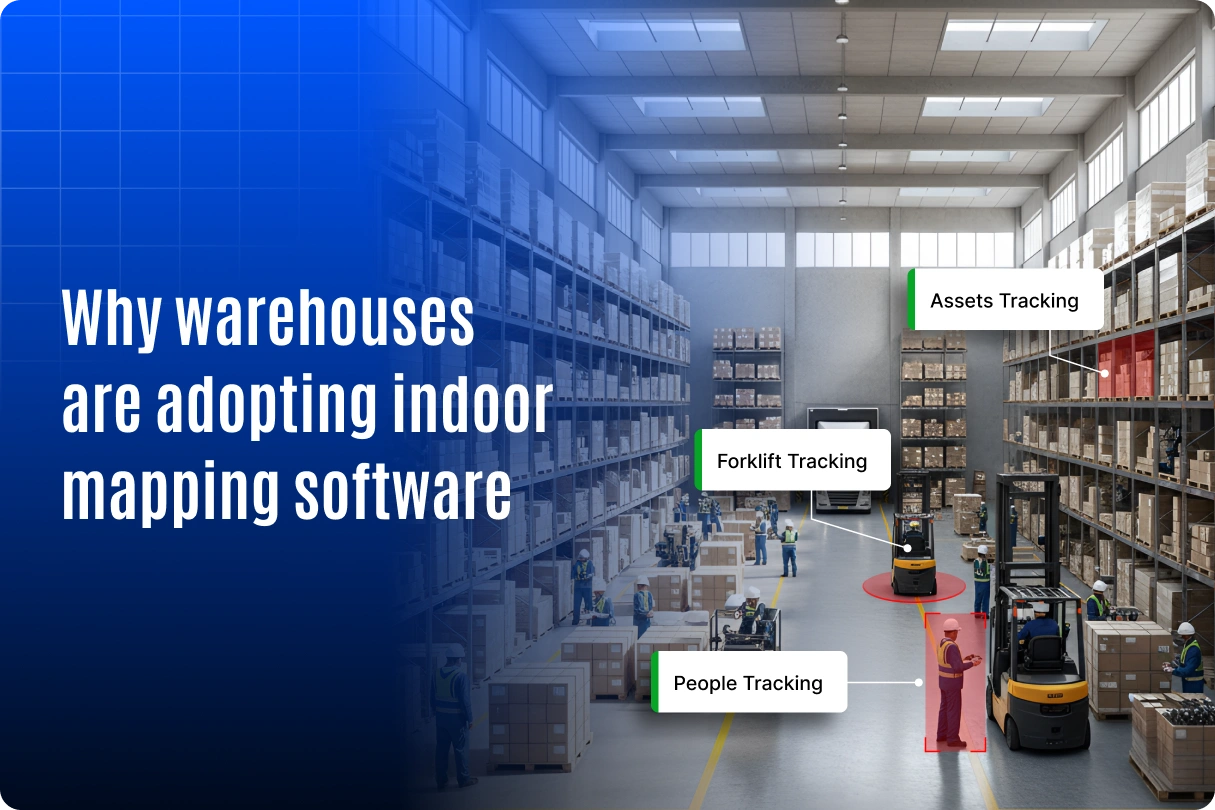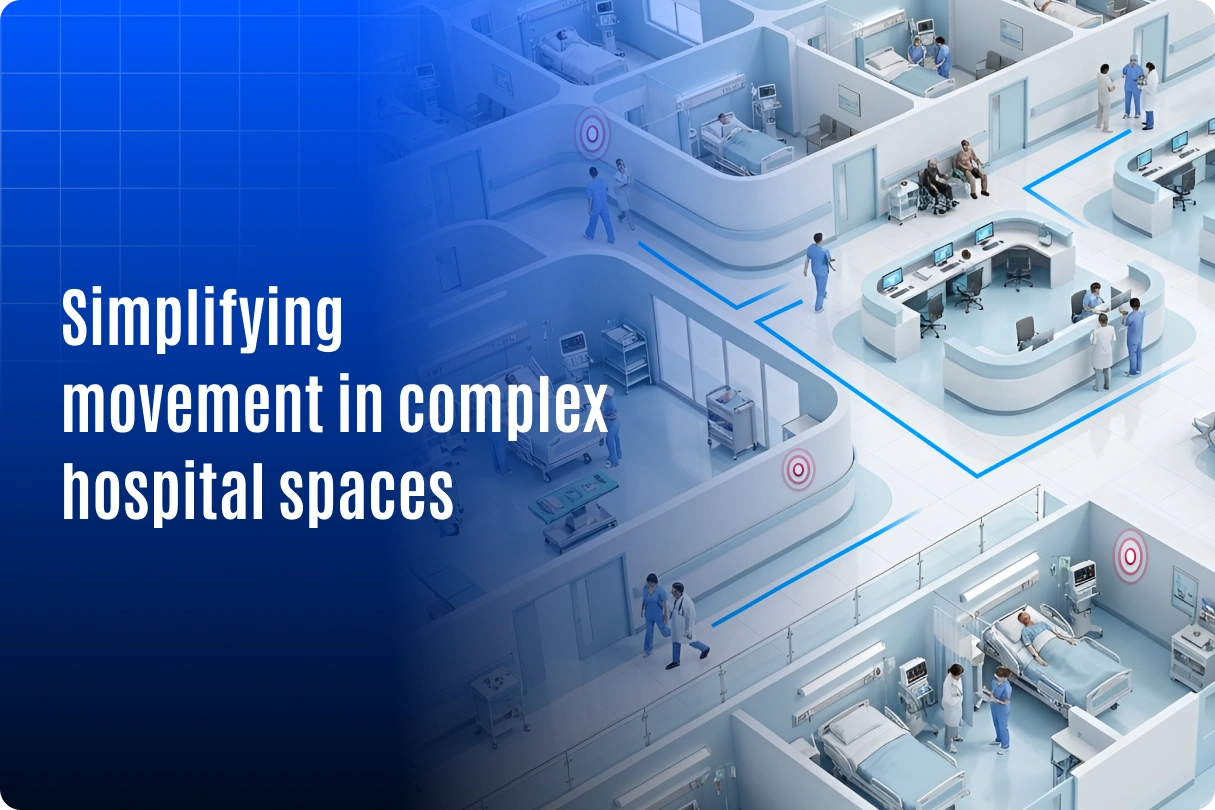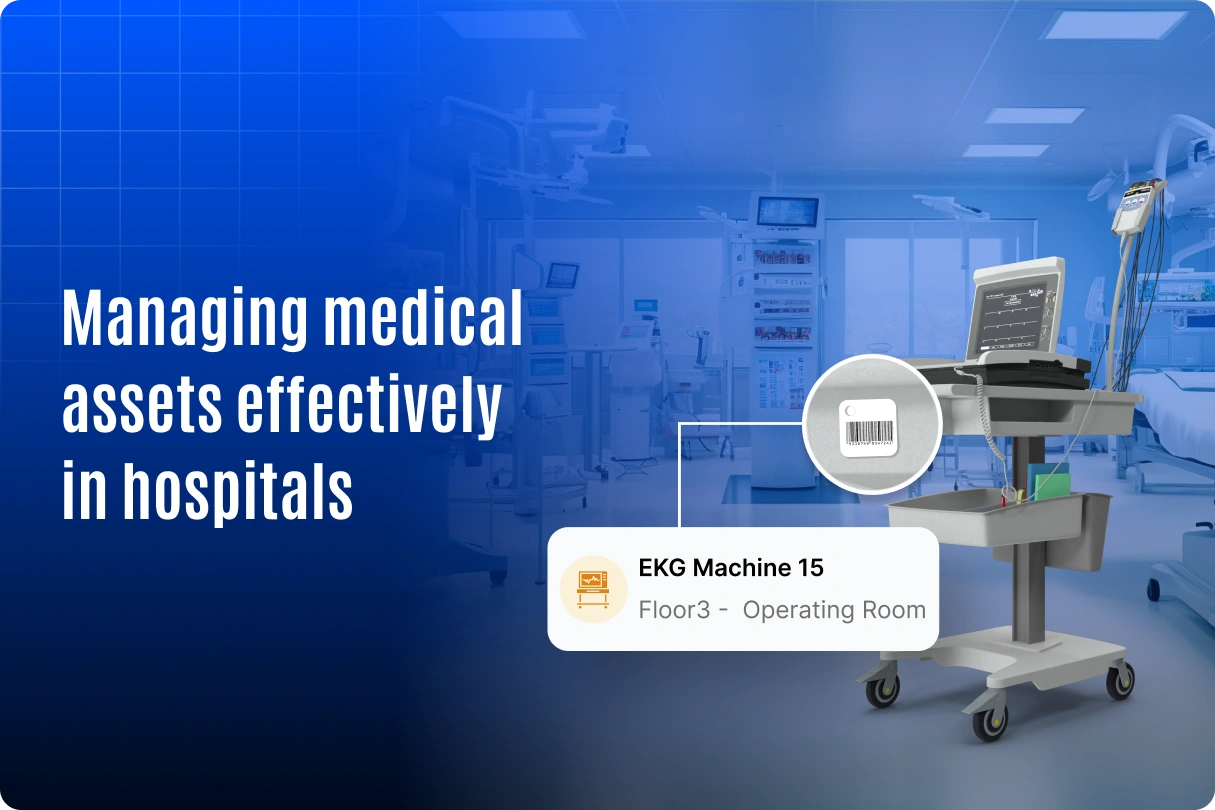You see it everyday, bins overflowing, missed pickup and residents complaining. It’s the kind of mess no city wants, but every municipality faces. The reality is quite different – you don’t want more trucks — you need better tracking systems that help you run daily operations smoothly. That’s where waste management steps in. It gives managers the essential tools to plan, monitor and assign tasks for every trip from start to finish. In this blog we will see how waste collection software helps cities work smarter every day.
Key benefits of waste management software for municipalities
1. Real-time monitoring
Municipal supervisors can track every collection vehicle live on their screen.
- Monitor route updates, missed checkpoints, and vehicle activity in real time.
- Receive instant notification for skipped areas and unplanned stop.
- Pickup completion is verified through photo evidence or QR/RFID scan.
Result: Build transparency and trust across municipal operations.
2. Efficient route planning
Using manual route management causes overlap or delays. Smart routing fixes the problem automatically.
- The software plans routes based on checkpoints, traffic conditions, and vehicle availability.
- It helps reduce idle time and unnecessary travel distance.
- In case of emergencies or vehicle breakdowns, managers can quickly reschedule or reassign routes to keep things running smoothly.
Result: Faster, more fuel-efficient waste collection for every area.
3. Data-driven decision making
With a single dashboard managers get a complete view of what’s happening – from today to past events data.
- They can analyze each area’s performance, waste collection and where issues keep repeating.
- This software identifies the problems with the help of automated reports.
- Managers assign vehicles and teams better with trends and insight.
Result: Helps them to plan decisions based on evidence instead of guesswork.
4. Reduced operational costs
Automating tasks reduces manual work and avoids unnecessary trips.
- Optimized routes save time and fuel.
- Digital records replace paperwork and remove the need for time-consuming data entry.
- Better task scheduling ensures effective use of both the vehicles and teams throughout the day.
Result: Helps cut down daily expenses on fuel, maintenance and labor. Some municipal departments also rely on an AI Ad generator to turn cost-saving reports into simple visual summaries for internal presentations.
CTA – Simplify your city’s waste collection with features designed for real-world operations.[Explore now ]
5. Enhanced citizen satisfaction
The Citizen App connects the public directly to municipal services.
- Residents can report about uncollected waste or raise complaints by uploading images.
- Supervisors receive these alerts instantly and can assign tasks right away.
- Citizens get status updates so they always know what’s happening and bring transparency with the municipality.
Result: Stronger public trust and higher satisfaction with municipal services.
6. Compliance and eco-friendly efficiency
The software makes sure all assigned checkpoints and tasks are complete as per schedule.
- To provide clear proof of service, the system records each collection.
- Simplifies audit and compliance reporting.
- Optimize route planning reduces unnecessary trips and emissions.
Result: Municipalities make sure environmental laws are followed and sustainability goals are met.
7. IoT and smart bin integration
The waste management software supports integration with sensors, RFID tags and QR-based bins systems.
- Managers can instantly see which bins are full, which teams have emptied them, and where pickups are still pending.
- The system sends notification regarding missed pickup to teams.
Result: Keeps streets cleaner and improves coordination between all waste collection teams.
Conclusion
Keeping a city clean isn’t just about collecting waste — it’s about managing people, vehicles, and time efficiently. Modern waste management software brings all these elements together under one platform. It gives municipal teams real-time visibility, automated route planning, and data insights that turn daily challenges into opportunities for improvement.
By adopting digital waste collection systems, municipalities can deliver better services, reduce operational costs, and build a cleaner, greener, and more transparent city environment.
